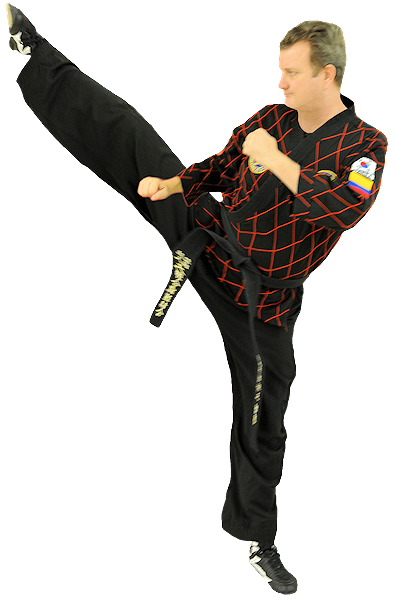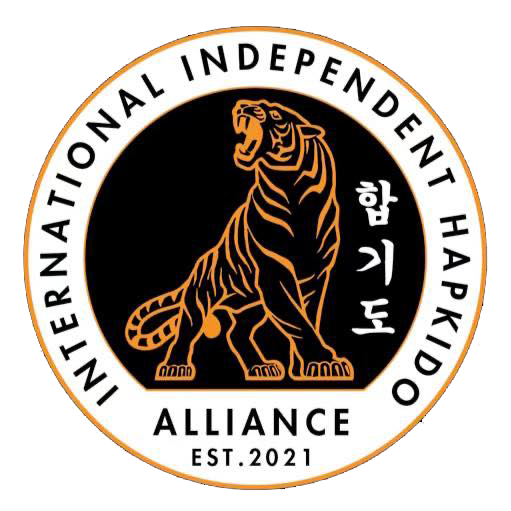
Why the Greatest Hapkido Masters Have Stoic Personalities by KJN Richard Hackworth
The Calm in the Storm: Why Stoicism Forges the Greatest Hapkido Masters
Picture this: the dojang is silent, anticipation hangs heavy in the air. Two figures face off, one a blur of controlled power, the other a stoic rock amidst the whirlwind. This is the image of a Hapkido master, their composure echoing the tenets of Stoicism, a philosophy as ingrained in the art as the kicks and throws themselves. But why? Why does this seemingly unemotional approach breed greatness in Hapkido? Let’s delve into the five key reasons Stoicism forms the bedrock of a true master’s personality.

1. Unflappable Focus: Embracing the Dichotomy of Control
Imagine a master deflecting an attack, their gaze unwavering, their movements precise. This isn’t mere bravado; it’s the Stoic understanding of the “dichotomy of control.” We control our thoughts, actions, and reactions, but not external events. A Stoic master accepts this, focusing their energy on what they can control – their technique, their breathing, their mental state. This unflappable focus ensures their actions flow from reason, not impulse, leading to precise, calculated responses even in the heat of the moment. Think of it as the eye of the storm, where stillness allows for perfect reaction to the swirling chaos around.
2. Emotional Mastery: The Power of Reason Over Reaction
Hapkido isn’t about brute force; it’s about harnessing the opponent’s energy. This extends to emotions as well. A master, like a Stoic, understands the dangers of unchecked emotions. Fear clouds judgment, anger fuels recklessness. By mastering their emotions, they maintain clarity, choosing measured responses over knee-jerk reactions. This emotional stoicism allows them to adapt to any situation, utilizing their opponent’s emotional outbursts to their advantage, just as water redirects a rushing current.
3. Perseverance Through Hardship: The Will to Endure
The path to mastery is arduous, filled with sweat, frustration, and setbacks. A true master embodies the Stoic ideal of “amor fati” – love of fate. They accept challenges not with resignation, but with the understanding that hardship refines their character and skills. They view obstacles as opportunities for growth, their unwavering perseverance fueled by the Stoic belief that true virtue lies in facing adversity with reason and courage. Remember, the willow bends with the wind, yet never breaks.
4. Humility in Victory, Grace in Defeat: True Grandeur Beyond the Outcome
Victory is sweet, but a Stoic master savors it without arrogance. They understand that external achievements are fleeting, and true worth lies in character, not accolades. They celebrate their victories with humility, acknowledging the role of chance and the efforts of their opponent. Likewise, in defeat, they find no shame, for their true measure lies not in the outcome, but in the effort and virtue displayed. This equanimity, this acceptance of both victory and defeat, marks the mark of a true grandmaster, their character shining brighter than any trophy.

5. Beyond the Dojang: Stoicism’s Ripple Effect
The lessons of Stoicism don’t end with the final bow. A true master understands that their impact extends beyond the dojang walls. They embody Stoic principles in their everyday lives, becoming beacons of reason, resilience, and emotional control. They inspire others to navigate life’s challenges with grace and purpose, demonstrating that true mastery lies not just in physical prowess, but in the cultivation of a virtuous character. They become living testaments to the power of Stoicism, its ripples spreading outwards, creating a more mindful, resilient, and compassionate world.
So, the next time you witness the stoic demeanor of a Hapkido master, remember, it’s not just a cool facade. It’s the embodiment of a philosophy that has forged their greatness, allowing them to navigate the storms of life with unwavering focus, emotional control, and unwavering character. They are, in essence, living testaments to the transformative power of Stoicism, both within the dojang and beyond. And perhaps, within each of us lies the potential to cultivate that same stoic core, ready to face life’s challenges with grace and unwavering resolve.

About the author: Richard Hackworth is the Vice President of the International Independent Hapkido Alliance and Chairman of the Hapkido School Growth Committee and Membership Committee. He is the President of the USA Hapkido Union, the National Branch Member of the IIHA. For information on membership or business coaching email him at worldhapkidonews@gmail.com
Be sure to follow us on social media.
- Like us at https://www.facebook.com/internationalindepenedenthapkidoalliance
- Subscribe to us at https://www.youtube.com/worldhapkidonews
- Join our group at https://www.facebook.com/groups/koreanmartialarts





